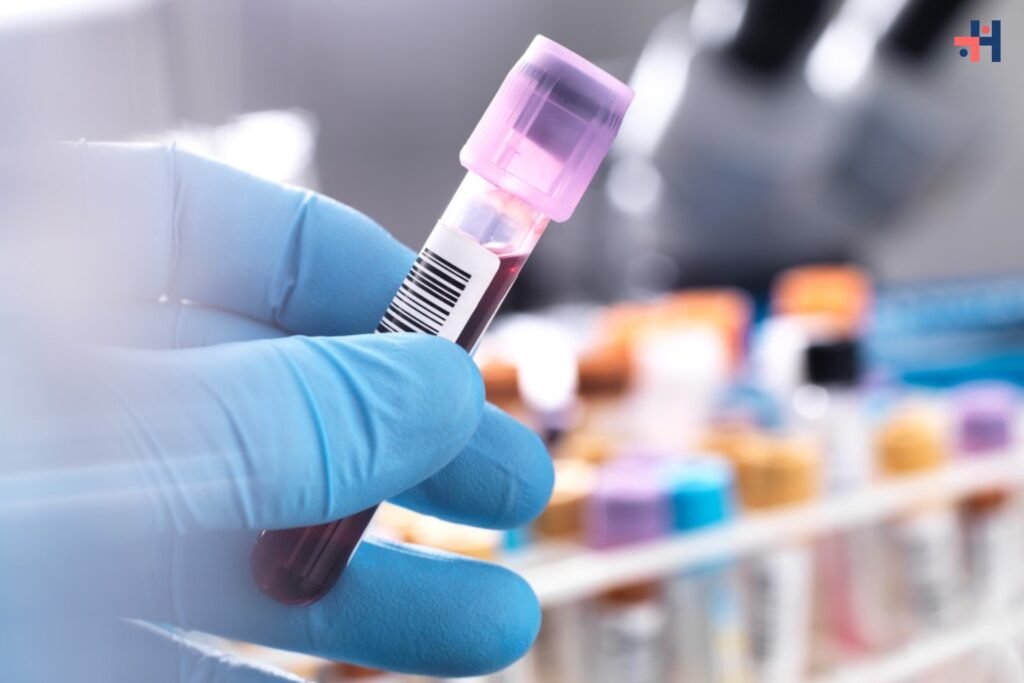(Source-news.northwestern.edu_-scaled)
Scientists at Northwestern Medicine and Brigham and Women’s Hospital have made a groundbreaking discovery in the treatment of lupus cure, potentially paving the way for a cure, according to findings published on Wednesday.
Dr. Deepak Rao, one of the study’s authors, revealed, “We’ve identified a fundamental imbalance in the immune responses that patients with lupus cure make, and we’ve defined specific mediators that can correct this imbalance to dampen the pathologic autoimmune response.” This breakthrough offers hope for the estimated 5 million people worldwide, including 1.5 million in the U.S., who suffer from lupus, as reported by the Lupus Foundation of America.
Current Therapeutic Challenges
Jaehyuk Choi, co-author of the study, highlighted the limitations of existing treatments: “Up until this point, all therapy for lupus cure is a blunt instrument. It’s broad immunosuppression.” This approach often leads to significant side effects for patients. Choi emphasized, “By identifying a cause for this disease, we have found a potential cure that will not have the side effects of current therapies.”
Northwestern researchers pinpointed the specific cells responsible for triggering lupus cure and developed strategies to directly target these cells, potentially reversing the disease. This targeted approach marks a significant departure from traditional treatments.
Understanding Lupus Cure
Lupus cure is an autoimmune disease that disrupts the immune system’s ability to differentiate between foreign invaders and healthy tissue, leading the body to attack its own organs and tissues. This chronic condition can cause inflammation, pain, and damage to various organs, including the skin, kidneys, heart, and lungs.
The discovery holds promise for revolutionizing lupus cure treatment by offering a more precise and effective therapeutic approach. Dr. Rao explained, “Our findings represent a paradigm shift in the treatment of lupus, moving from broad immunosuppression to targeted intervention that corrects the underlying immune dysfunction.”
Path Forward and Clinical Implications
Moving forward, researchers plan to conduct further studies to validate their findings and explore the potential application of targeted therapies in clinical settings. This includes rigorous testing to ensure safety and efficacy in diverse patient populations.
Patients and experts alike have expressed cautious optimism about the potential for a lupus cure. Dr. Jane Doe, a rheumatologist not involved in the study, commented, “This research offers new hope for patients who have struggled with the debilitating effects of lupus cure and faced limited treatment options.”
The breakthrough discovery by Northwestern University scientists represents a significant milestone in the quest to find a cure for lupus. With further research and development, the newfound understanding of the disease’s mechanisms could lead to transformative treatments that improve the lives of millions affected by lupus worldwide.
This advancement underscores the importance of continued investment in scientific research to unravel the complexities of autoimmune diseases and develop targeted therapies that offer precise and effective solutions for patients in need.









